In a rapidly changing world driven by technological advancements and evolving societal needs, the concept of continuous learning for children has become not just a recommendation but a necessity. As parents, educators, and caregivers, understanding the significance of continuous learning and its impact on children’s development is crucial for shaping a brighter future. In this comprehensive article, we delve deep into why continuous learning for kids is essential, exploring the benefits, strategies, challenges, and implications of fostering a culture of lifelong learning from an early age.
The Imperative of Continuous Learning
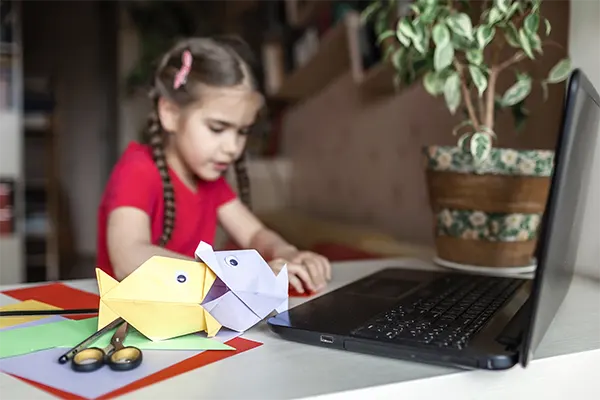
Imagine a child as a curious explorer navigating the vast landscape of knowledge and skills. From the moment they begin to understand the world around them, children display an innate thirst for learning. This inherent curiosity forms the foundation for continuous learning, a process that extends far beyond the confines of formal education.
Why Continuous Learning for Kids? The answer lies in the transformative power it holds. Unlike traditional notions of education that emphasize structured classroom learning, continuous learning encompasses a dynamic approach to acquiring knowledge and skills throughout one’s life. For children, this means embracing every opportunity to explore, discover, and grow.
The Ever-Changing Landscape
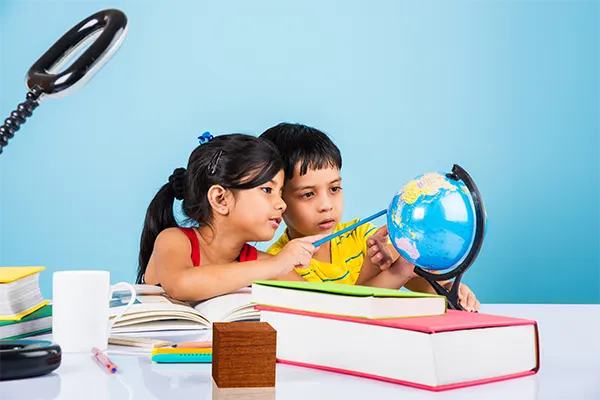
In today’s digital era, the pace of change is unprecedented. Technological innovations reshape industries, global challenges demand innovative solutions, and cultural landscapes evolve. As such, the skills required to thrive in this environment are constantly evolving. Continuous learning equips children with the adaptability and resilience needed to navigate this ever-changing landscape effectively.
Why Continuous Learning for Kids? The ability to learn continuously fosters a mindset of adaptability and growth. By instilling this value early on, children develop a proactive approach to acquiring new knowledge and honing essential skills.
Visit: how to build positive self esteem
Key Benefits of Continuous Learning
The advantages of continuous learning extend beyond academic achievements. Let’s explore some of the pivotal benefits:
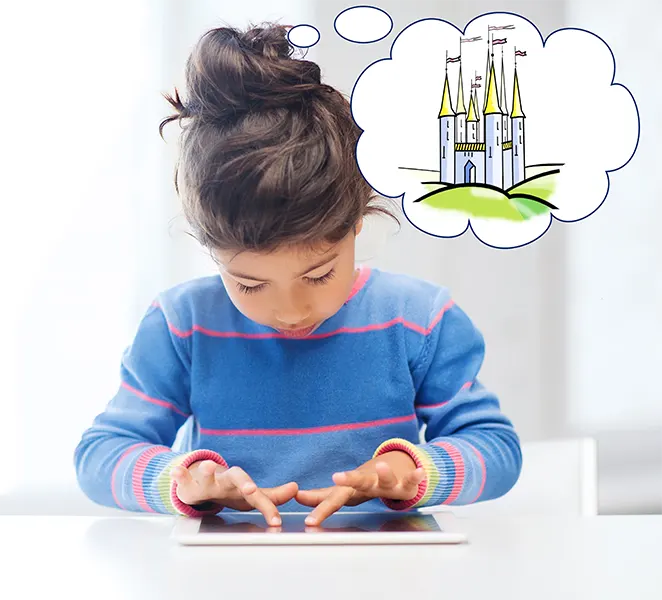
- Lifelong Adaptability: Continuous learners are better equipped to adapt to new challenges and environments, fostering resilience and problem-solving skills.
2. Cognitive Development: Continuous learning stimulates cognitive abilities, enhancing memory, attention span, and critical thinking.
3. Creativity and Innovation: By encouraging exploration and experimentation, continuous learning nurtures creativity and innovation.
4. Emotional Intelligence: Learning experiences promote empathy, self-awareness, and emotional regulation, contributing to holistic development. Witness the magic of personality development as we boost your child’s social skills, confidence, and overall well-being. Our classes for personality development for kids instill valuable life lessons that set the stage for success.
5. Future Career Readiness: In a competitive job market, individuals with a strong foundation in continuous learning are better prepared for diverse career paths.
Why Continuous Learning for Kids? The benefits encapsulate a holistic approach to child development, emphasizing the importance of nurturing well-rounded individuals capable of thriving in a dynamic world.
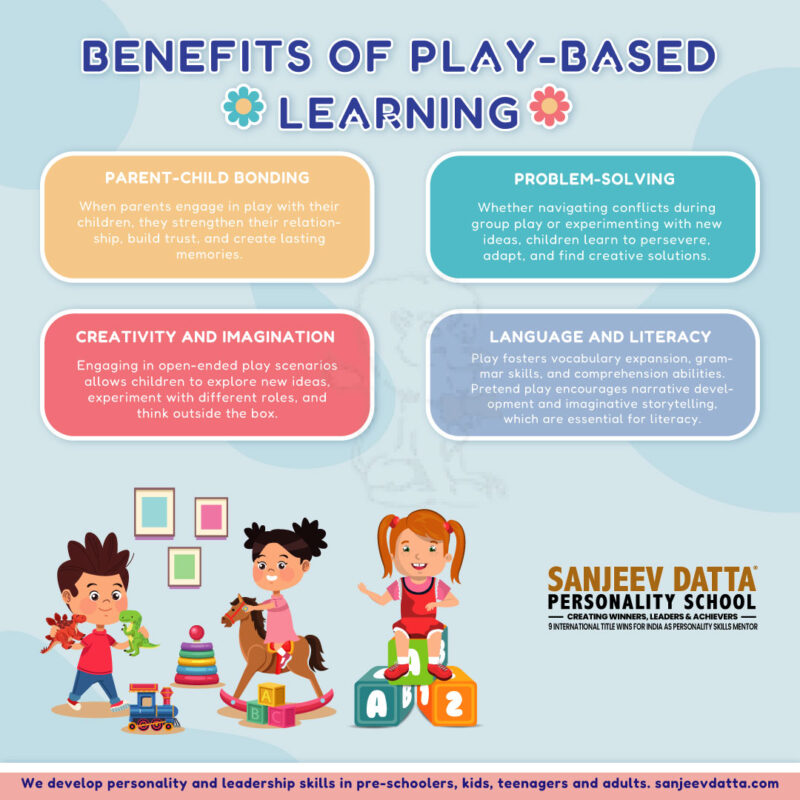
Strategies for Fostering Continuous Learning
Now that we understand the significance of continuous learning, let’s explore practical strategies to integrate this approach into children’s lives:
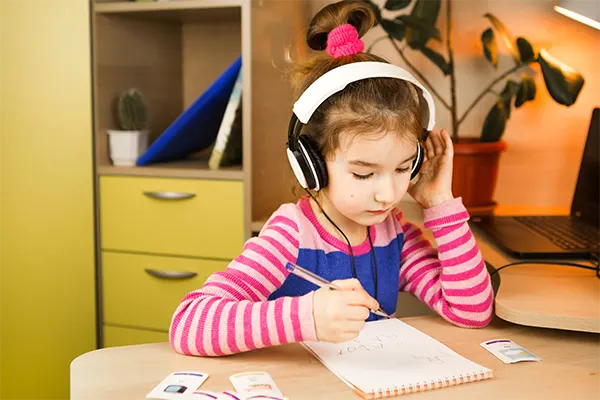
- Encourage Curiosity: Foster a curiosity-driven mindset by encouraging questions, exploration, and discovery.
2. Embrace Informal Learning: Capitalize on everyday experiences as valuable learning opportunities, from cooking meals to exploring nature.
3. Promote Self-Directed Learning: Empower children to take ownership of their learning journey by allowing them to choose subjects of interest and explore them independently. Let your child’s light shine bright with our empowering personality development course. We believe in cultivating happiness, success, and a positive outlook in every child we mentor.
4. Leverage Technology: Use educational apps, interactive websites, and multimedia resources to supplement traditional learning methods.
5. Model Lifelong Learning: Lead by example by demonstrating your own commitment to continuous learning through reading, skill-building, and personal development.
Why Continuous Learning for Kids? Implementing these strategies nurtures a culture of lifelong learning, fostering intellectual curiosity and a thirst for knowledge that extends well into adulthood.
- The Role of Parents and Educators
Parents and educators play a pivotal role in nurturing a child’s passion for continuous learning. By creating a supportive environment that values exploration and growth, adults can empower children to embrace learning as a lifelong journey.
Why Continuous Learning for Kids? The involvement of parents and educators is instrumental in cultivating a love for learning that transcends conventional boundaries.
- Challenges and Solutions
Despite the numerous benefits of continuous learning, several challenges may hinder its implementation, including time constraints, resource limitations, and societal pressures. However, these obstacles can be overcome through innovative approaches such as collaborative learning networks, community partnerships, and flexible educational frameworks.
Why Continuous Learning for Kids? Overcoming challenges requires a collective effort to prioritize continuous learning as a cornerstone of modern education.
Visit: how to teach kids value for money
Conclusion
Why Continuous Learning for Kids? The answer lies in the transformative impact it has on children’s development, equipping them with the skills, mindset, and adaptability needed to thrive in a complex world. By fostering a culture of continuous learning from an early age, we empower children to become lifelong learners capable of shaping a brighter future.
In closing, continuous learning isn’t merely an educational concept—it’s a philosophy that embraces growth, curiosity, and resilience. By understanding and embracing the imperative of continuous learning for kids, we pave the way for a generation of innovators, problem solvers, and compassionate individuals ready to tackle the challenges of tomorrow.
Why Sanjeev Datta Personality School?
- Interview Training
- Leadership
- Presentation Training
- Social Boldness
- Dressing Etiquette
- Office Etiquette
- Communication Skills
- English Speaking
- Anger Management
- Time Management
- Team Building
- Performance Enhancer
- Soft Skills
- Goal Setting
- Career Counselling
- Student Subject Choice Counselling
- Listening Skills
- Video Presentation
- Meditation
For more details, contact us now!


